With a large forest area, Vietnam has the potential to generate large income from selling carbon credits, developing attractive eco- tourism areas and sustainably exploiting forest products.
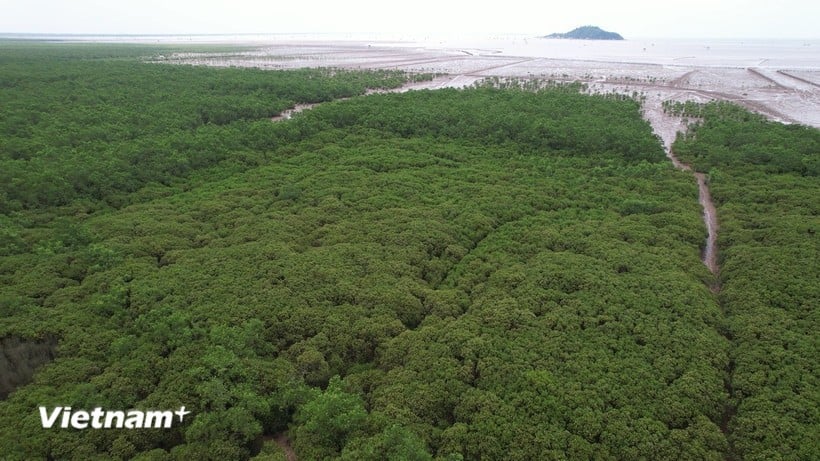
Vietnam is considered a country with great potential in generating carbon credits. However, according to the Ministry of Agriculture and Environment , the implementation process still faces some difficulties, because there are no specific regulations on payment levels and costs for activities related to measurement, reporting, and appraisal of emission reduction results; dispute resolution, complaints, etc.
The above reality requires management agencies to research and build a clearer legal framework to implement forest carbon projects, issue forest carbon credits, and ensure harmony of interests between the State, forest owners and relevant parties.
According to the Ministry of Agriculture and Environment, Vietnam's forests have great economic and environmental potential. To date, the country's forest area accounts for more than 14.87 million hectares, of which natural forests account for more than 10.1 million hectares and planted forests account for more than 4.7 million hectares. The forest coverage rate is about 42%.
With its large forest area and rich biodiversity, Vietnam has the potential to generate large revenues from selling carbon credits, developing attractive eco-tourism areas and sustainably exploiting forest products. The Can Gio mangrove forest alone can generate 1-5 million carbon credits per year.
Therefore, in 2022, the Government issued Decree No. 107/2022/ND-CP on piloting the transfer of emission reduction results and financial management of greenhouse gas emission reduction payment agreements in the North Central region, which will be implemented from the date of signing and piloting until December 31, 2026.
After nearly 3 years of piloting the transfer of emission reduction results and financial management of forest carbon revenue, the results show that this is a new source of revenue for investment in long-term forest protection and development.
However, in the process of implementation, there are still some difficulties and problems in using funds from the transfer of emission reduction results of forest owners who are organizations, determining beneficiaries. In particular, there are no specific regulations on payment levels and costs for activities related to necessary tasks such as measuring, reporting, and appraising emission reduction results; checking and monitoring forest carbon...
Vietnam identifies the carbon market as an important tool to mobilize social resources for emission reduction. This is also a strategic step towards the goal of green development - Net Zero.
Currently, a number of international partners are actively cooperating with the Ministry of Agriculture and Environment to discuss and sign carbon credit exchange agreements. A number of localities have received approval from the Prime Minister to pilot the development of a project on forest carbon sequestration and storage services, but so far they have not been able to implement it due to the lack of a legal framework for the exchange and transfer of emission monitoring results and forest carbon credits applicable nationwide.
Recently, the Government issued Decree No. 119/2025/ND-CP dated June 9, 2025, amending and supplementing a number of articles of Decree 06/2022/ND-CP. This includes regulations on the order and procedures for developing, appraising and approving carbon projects in general; and stipulates that only organizations can register carbon projects. However, it has not specifically stipulated which agency will organize the implementation of forest carbon projects.
Meanwhile, according to the 2017 Forestry Law, there are forests owned by the entire people, and there are forests owned by organizations, households, individuals, and communities. This requires specific regulations on which agencies, organizations, and individuals can implement forest carbon projects in accordance with the forms of forest ownership in our country.
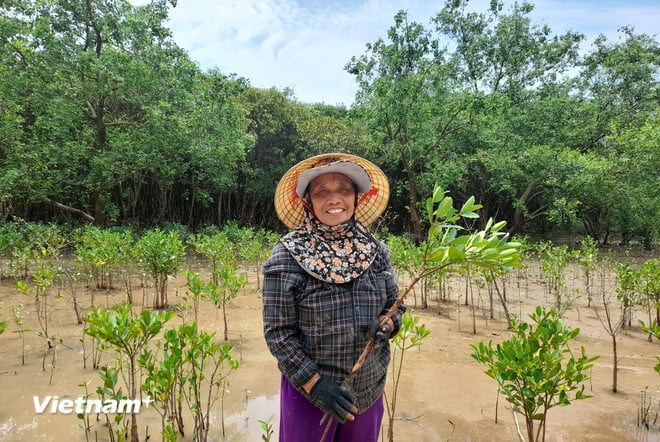
Faced with the above difficulties, the Ministry of Agriculture and Environment is widely soliciting opinions on the draft Decree regulating forest carbon absorption and storage services. It details Article 63 of the Forestry Law, including: Subjects, forms, payment levels, management and use of forest carbon absorption and storage services; supplementing contents on principles, conditions for service provision and use; and implementation of forest carbon absorption and storage.
Clear legality, ensuring harmony of interests
According to the draft decree, the service provider of forest carbon absorption and storage services must register to develop and implement forest carbon projects in accordance with the law. This includes ensuring full compliance with activities that generate emission reduction results, including measurement, reporting and appraisal of emission reduction results; and granting forest carbon credits.
Along with that, it is necessary to contribute to the emission reduction target determined by the country itself (NDC) and other obligations; provide services through forms such as: contracts or implementation on domestic carbon exchanges.
The user of forest carbon sequestration and storage services is an organization operating legally under the provisions of Vietnamese law, committed to implementing the contents of the contract or the operating mechanism of the domestic carbon exchange, and fully performing related financial obligations under the provisions of law.
In principle, the draft clearly states that the provision and use of forest carbon absorption and storage services must ensure transparency, responsibility, and harmonization of interests between the State, forest owners, and relevant parties, while ensuring that it does not affect the implementation of international commitments on greenhouse gas emission reduction that Vietnam participates in.
For emission reduction results and forest carbon credits that have been exchanged or transferred under contracts or on carbon trading floors, the supplier is not allowed to exchange or transfer them to other users. Revenue from the exchange or transfer of emission reduction results and forest carbon credits is the forest owner's revenue and is used for activities serving forest protection and development...
Mr. Nguyen Tuan Quang - Deputy Director of the Department of Climate Change (Ministry of Agriculture and Environment) said that the Government approved the Carbon Market Development Project on January 24, 2025 and is currently completing the system of documents guiding its implementation. Accordingly, Vietnam's carbon market will consist of two components: the mandatory market (exchange of emission quotas) and the voluntary market (exchange of carbon credits).
In the 2025-2026 period, the market will apply to three large emission sectors (electricity, iron and steel, cement) accounting for about 40% of total national emissions. The current focus is on building a national carbon credit trading platform, along with a system for registration, allocation and credit issuance so that after 2028 it can be connected to the international market.
At the same time, domestic enterprises and organizations are also encouraged to develop credits on a voluntary basis, trading according to Article 6 of the Paris Agreement. According to the Department of Climate Change, the Ministry of Agriculture and Environment is currently coordinating with the Ministry of Finance to develop a separate decree for international trading activities.
Vietnam is also promoting the development of voluntary carbon credit trading platforms operated by the private sector. A typical example is the ASEAN carbon credit trading platform - connecting buyers and sellers of credits according to international and domestic standards.
However, Mr. Quang also noted that in order for carbon credits to be recognized and put into trading, projects must strictly comply with technical and legal standards, and have a clear measurement, reporting, verification and verification (MRV) system. Therefore, the Department of Climate Change will continue to accompany and provide professional and legal support so that the business community can actively participate in the pilot market in 2025.
Deputy Minister of Agriculture and Environment Le Cong Thanh also emphasized that Vietnam is currently focusing on developing energy and solving environmental issues, developing a sustainable green economy. Accordingly, it is expected that the carbon credit market will be tested by the end of 2025./.
Source: https://baolangson.vn/trien-khai-du-an-carbon-rung-cap-tin-chi-carbon-rung-can-ro-khung-phap-ly-5052058.html


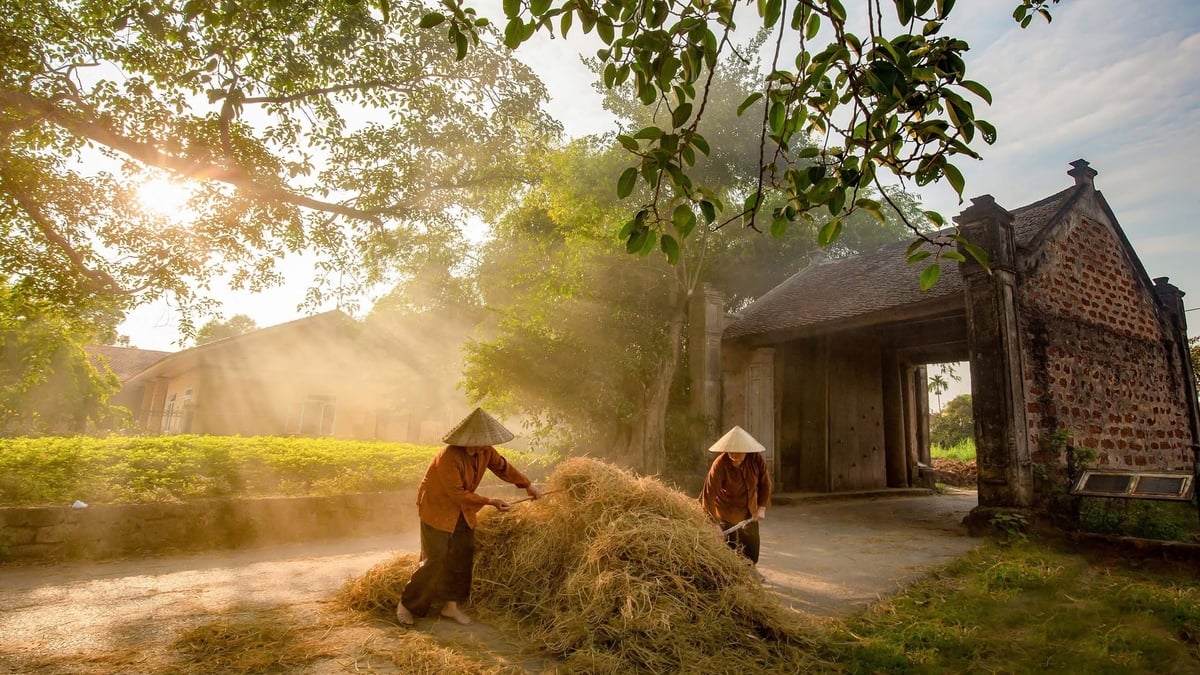
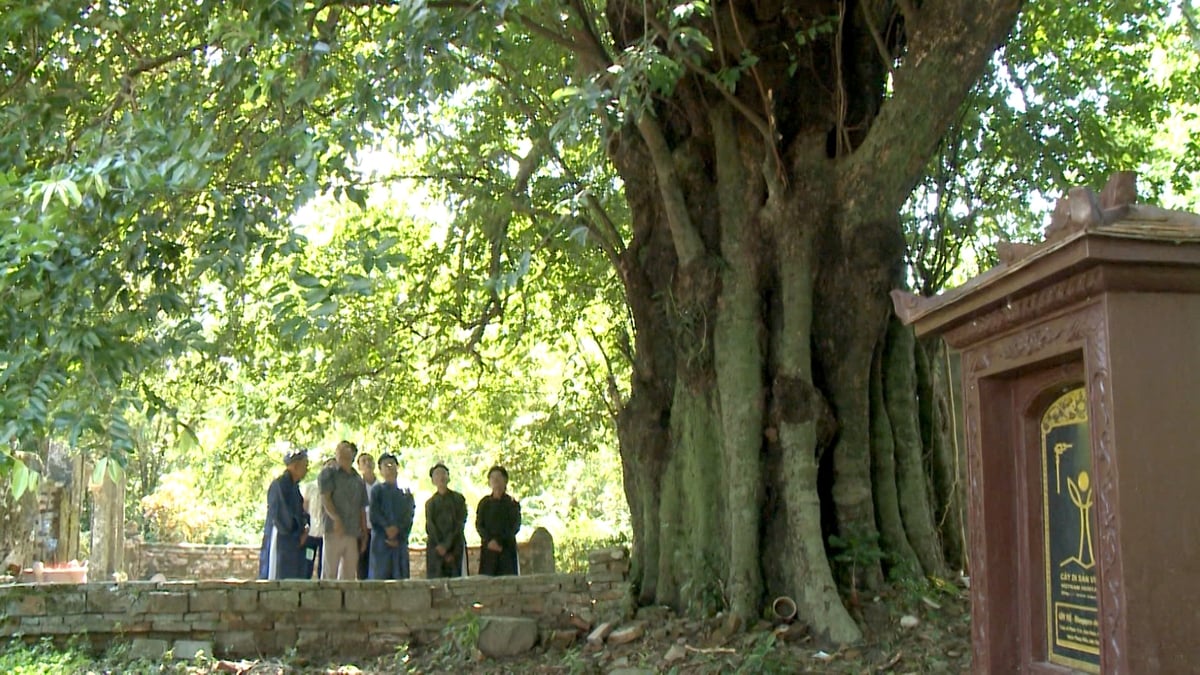
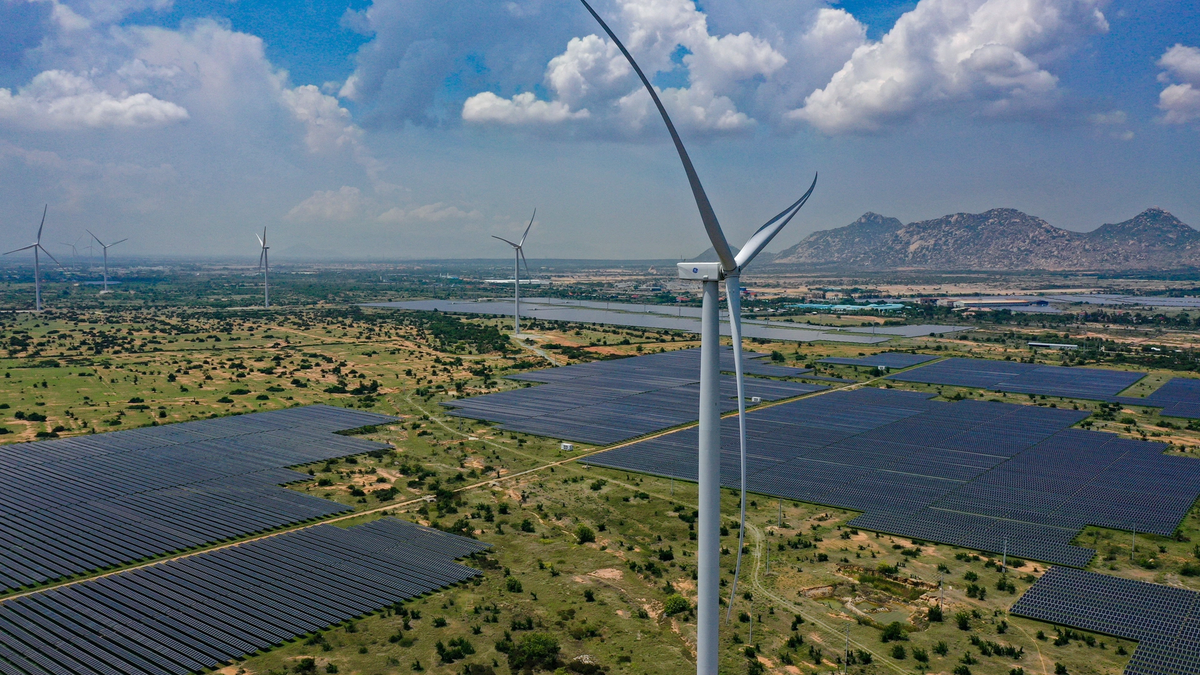

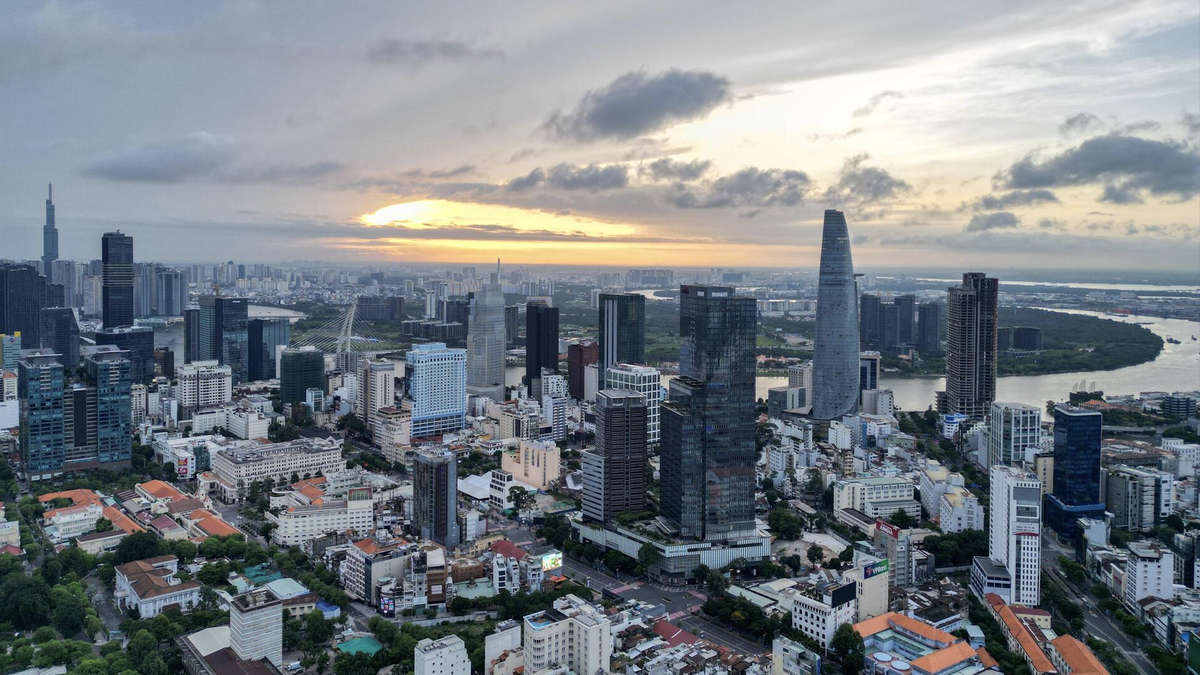

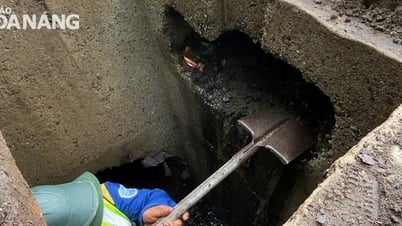

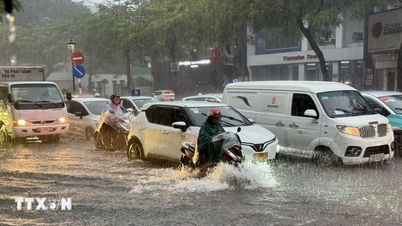





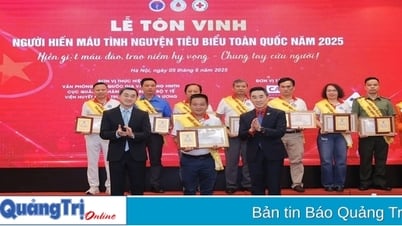

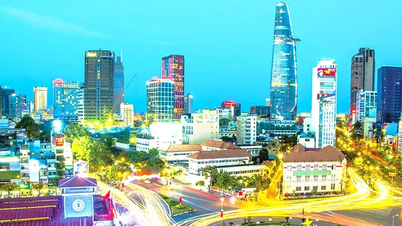










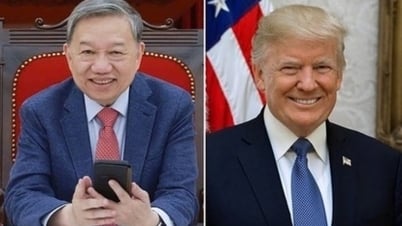
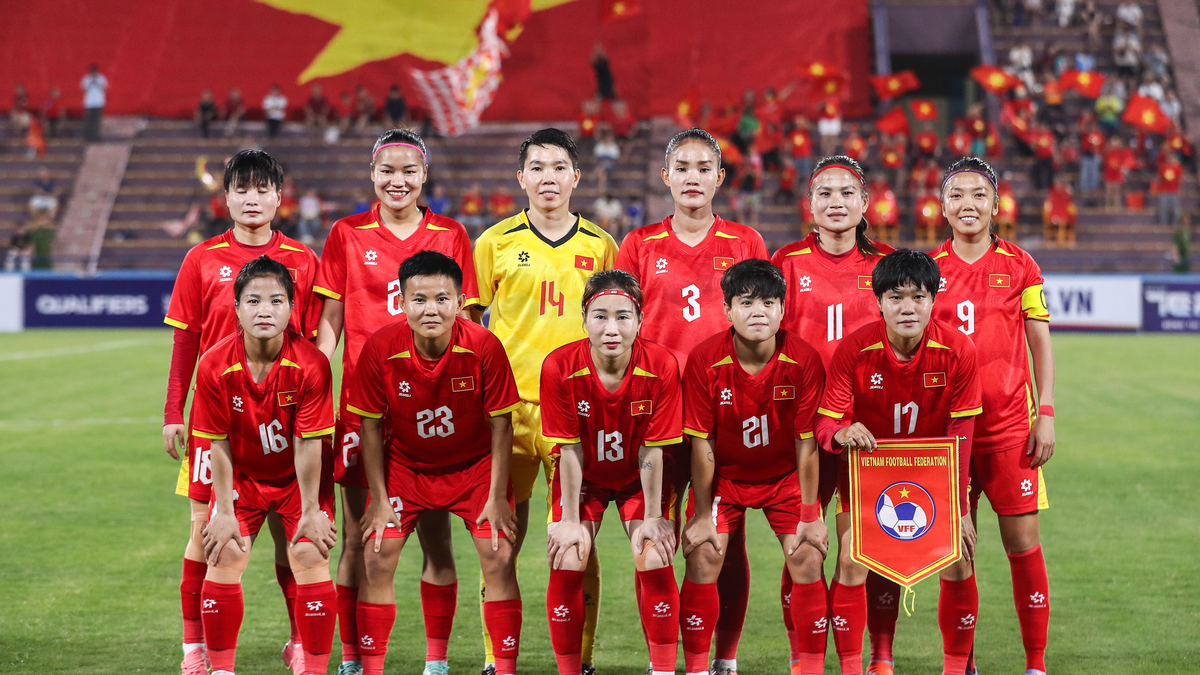





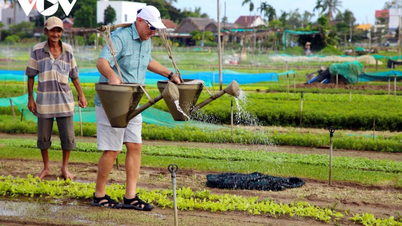





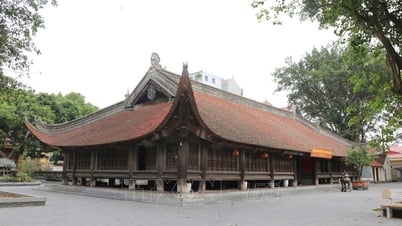













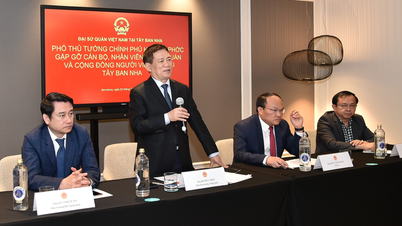



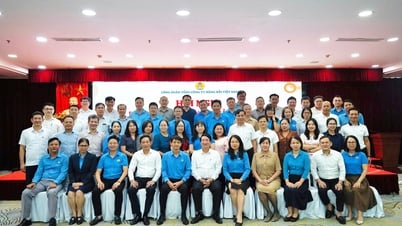
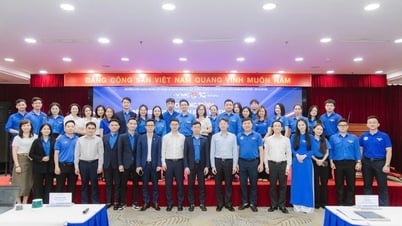


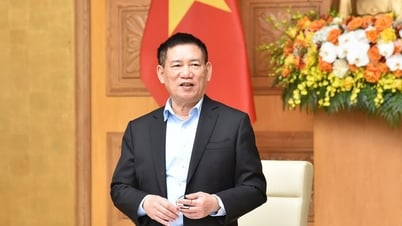
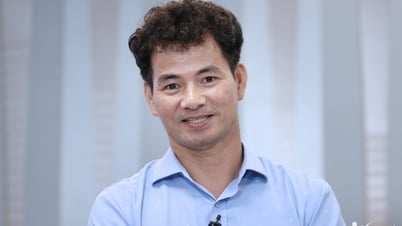

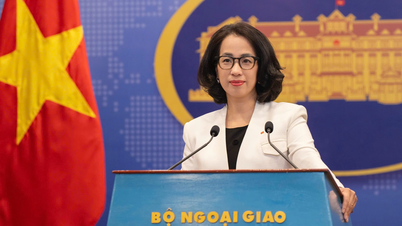




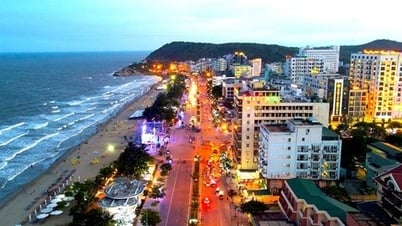



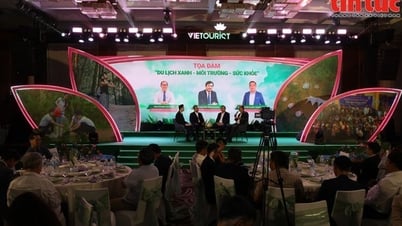


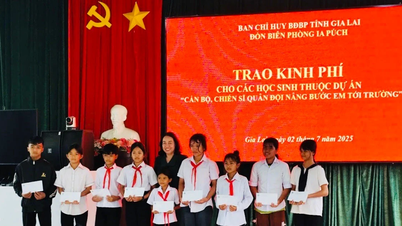


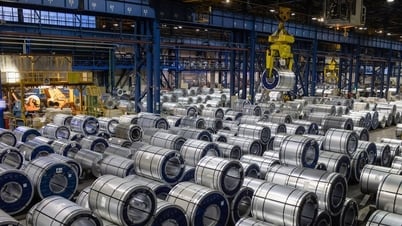

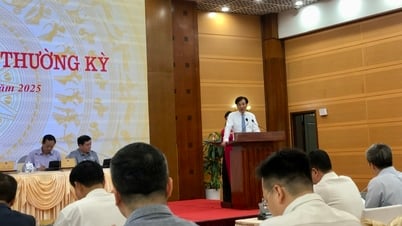


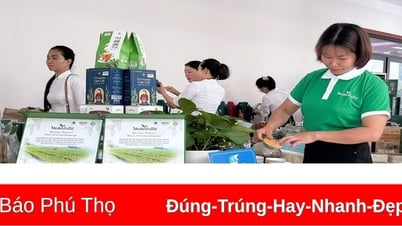

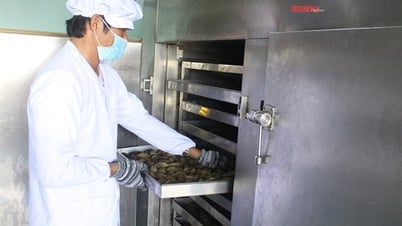

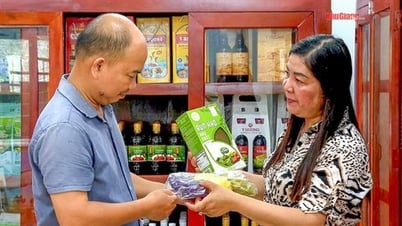
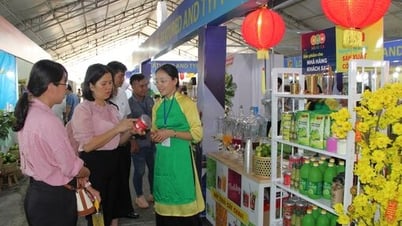







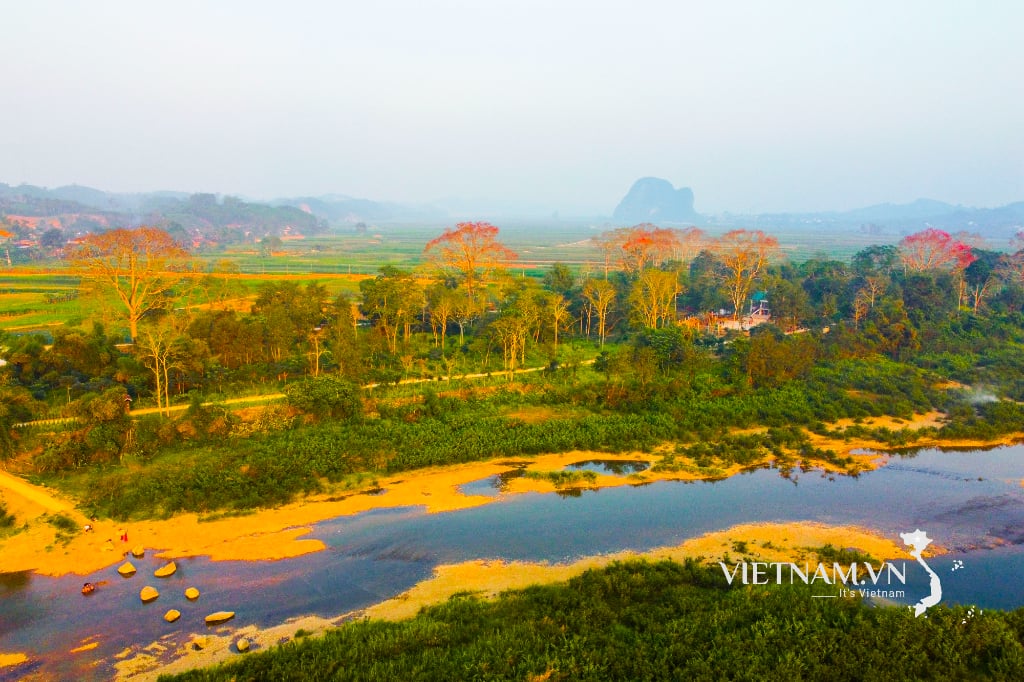
Comment (0)